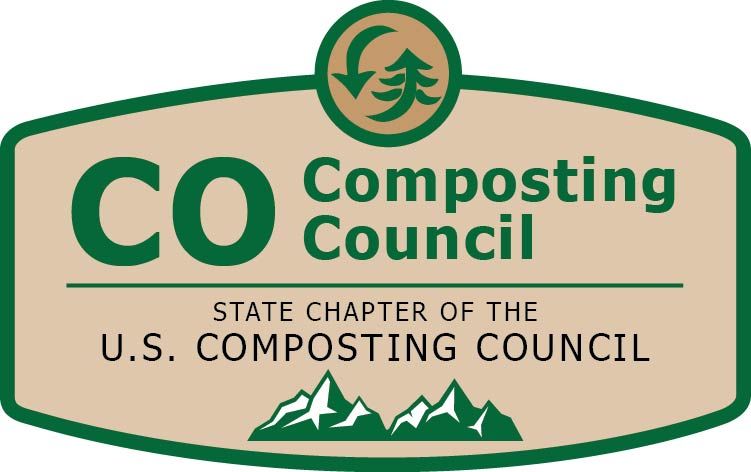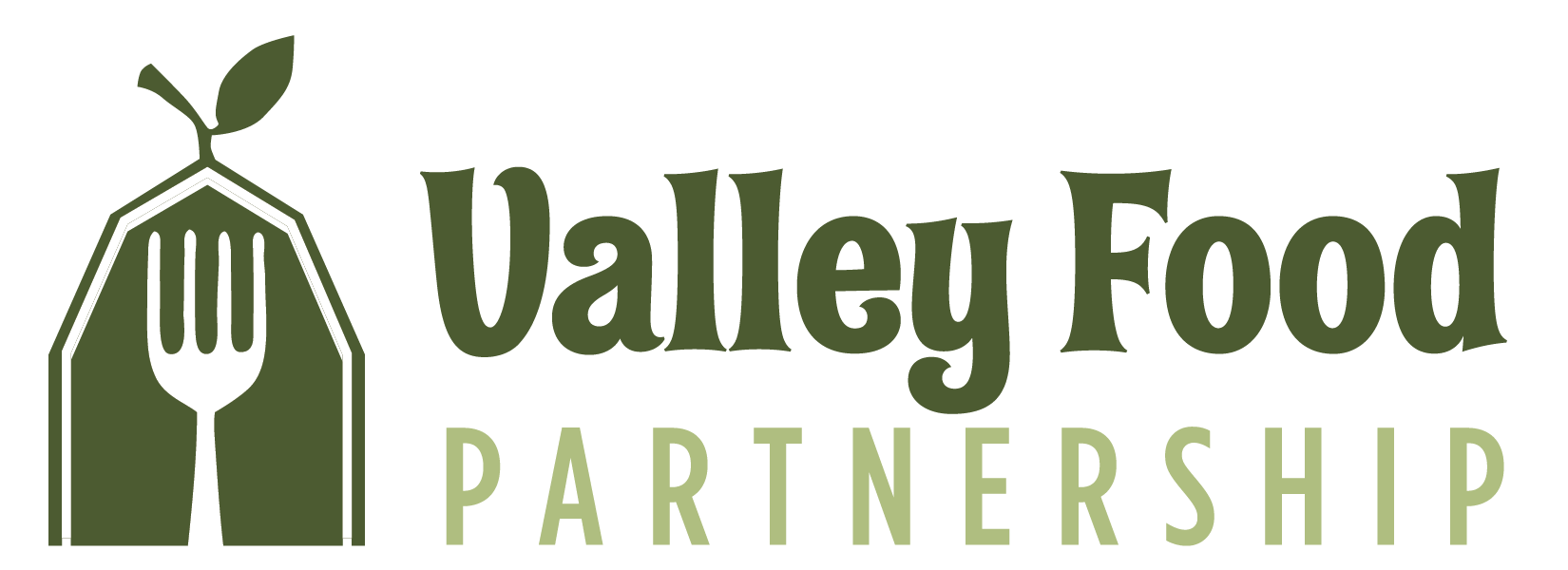3 Reasons
Why We Sell Compost

Drought Resilience
- Compost reduces runoff and erosion by increasing water infiltration into the soil and it also acts like a glue in the soil that holds particles together.
- Conserves water by increasing absorption into the soil and keeping more water on-site.
- Essentially, compost creates healthy soil that acts like a sponge during rain events that helps reduce runoff, erosion and helps plants survive a drought. Compost does this by increasing water infiltration, acting like a glue that holds particles together, increasing absorption into the soil.
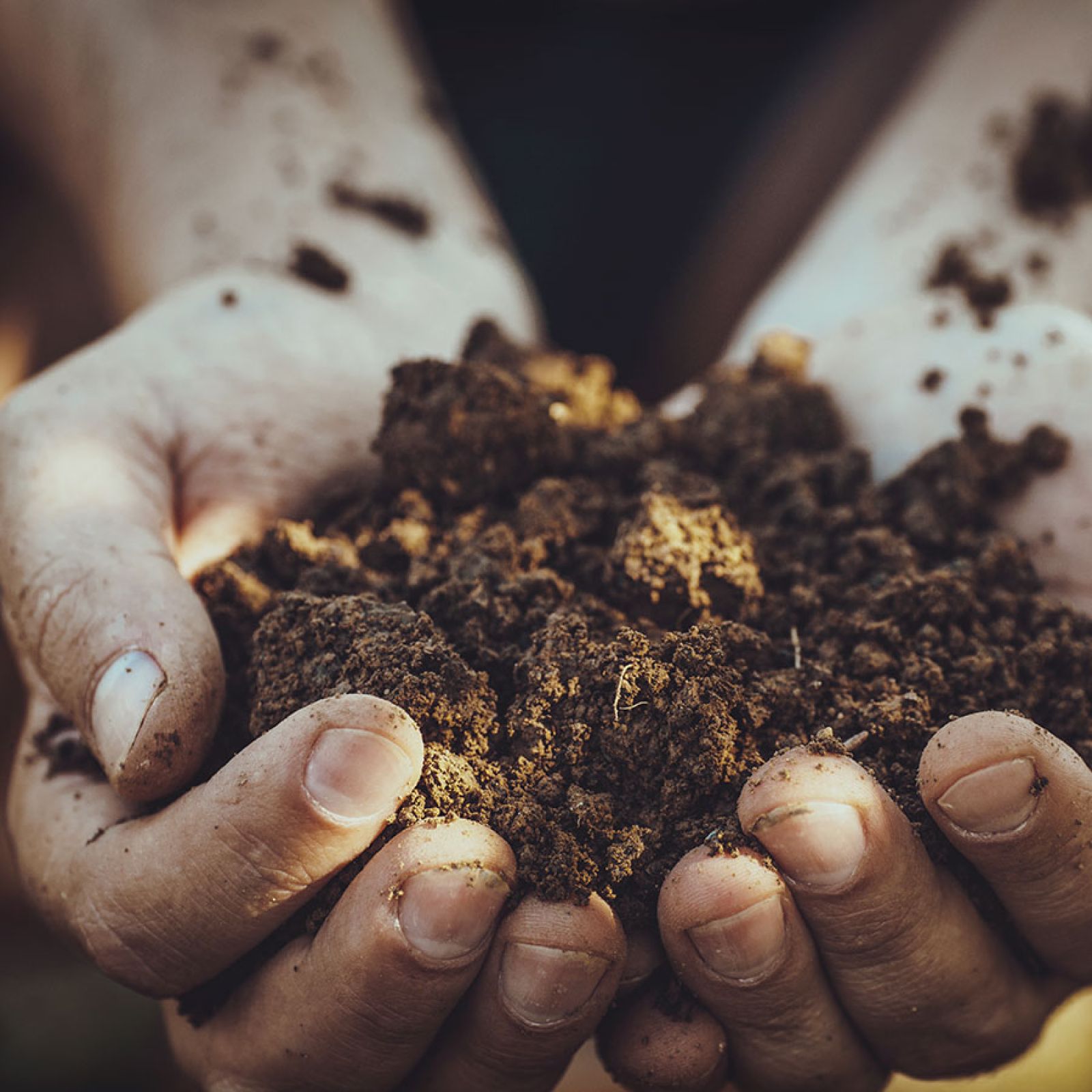
Healthy Soils
- Compost improves soil by adding important biological, chemical and structural components, creating a healthier ecosystem for worms, bugs, microbes and plants.
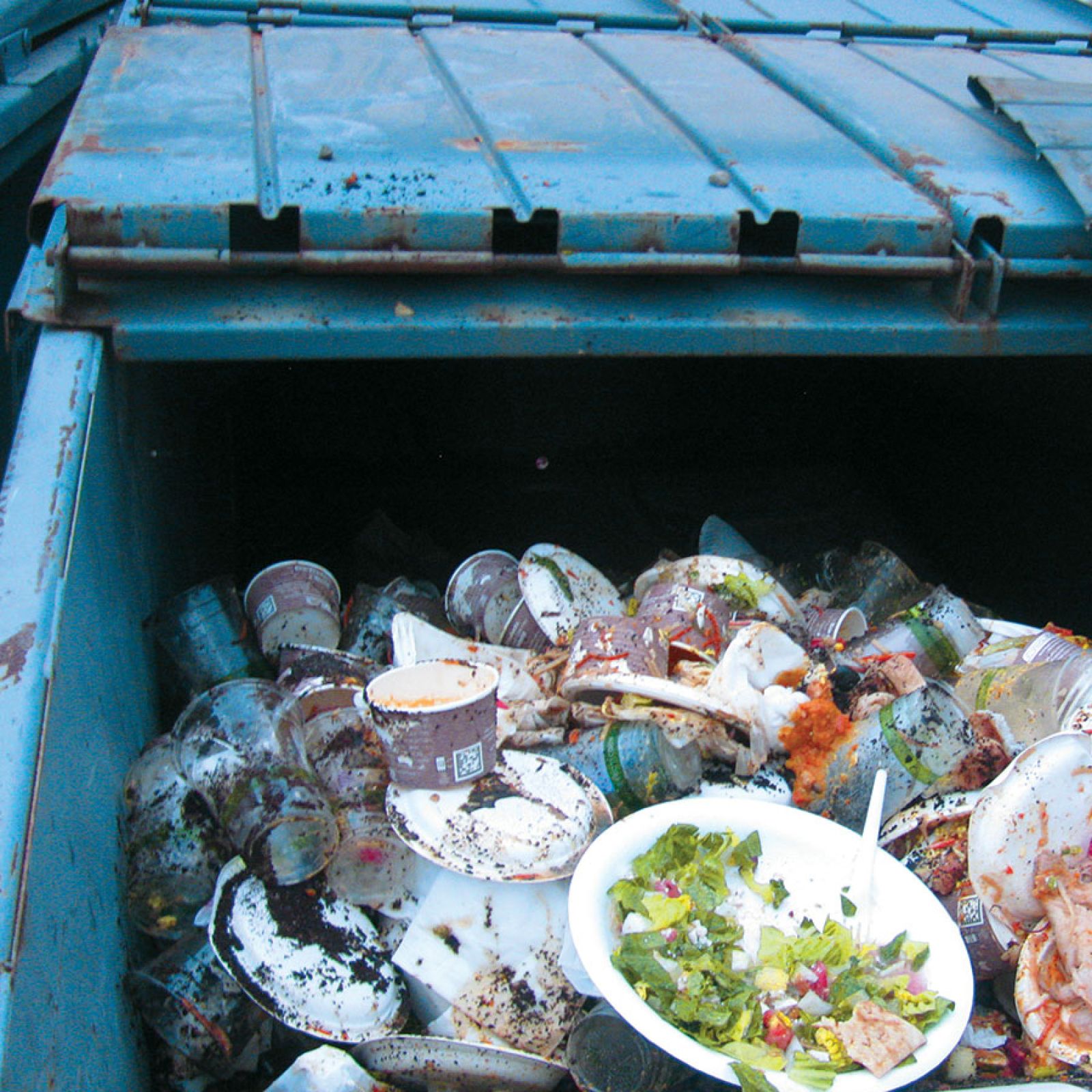
Reduces Waste
- Landfills are filling up and diverting organic waste (such as yard waste and food waste) is an important part of maintaining landfills
- By using compostable products that can be composted at our facilit, single-use plastic products are no longer needed and will stay out of the landfill
Additional Info
For additional information on the benefits, check out this guide by the US Composting Council. Download the US Composting Council Guide PDF
Buy Compost
We sell our compost in bulk - bring your truck or trailer and we’ll fill them up for you. One yard weighs about one ton. If you want a smaller amount, bring buckets or tubs and we’ll fill them for you.
Compost Donations: If you’d like to request a donation of compost for your non-profit organization or school, please reach out.

We Deliver
We now have a delivery option! We'll deliver between 2 and 10 yards per load.
Delivery charges per load:
- Delta, Orchard City & Cedaredge: $50
- Olathe & Hotchkiss: $65
- Paonia, Crawford, Montrose & Whitewater: $75
- Ridgway & Grand Junction: $100
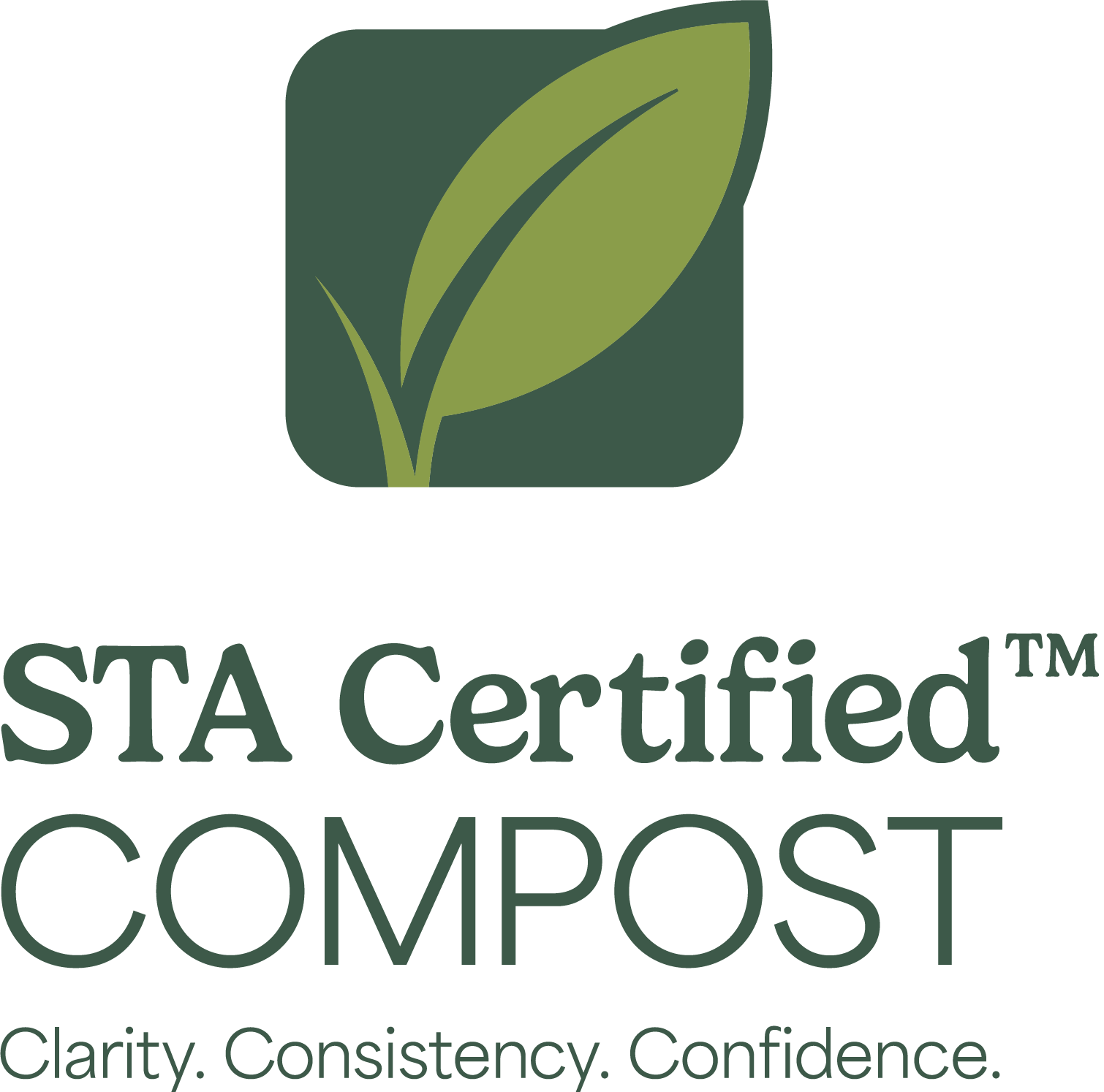


All compost is $20/yard.
Application rates & nutrients
Screened Compost (½” screened) STA Certified
- Use anytime of year on any type of soil. Well suited for clay soils.Not recommended to plant directly in compost.
- Top Dressing: 1 CY/1000 sqft = 1/4" deep
- Soil Amendment: 3-6 CY/1000 sqft = 1"-2" deep. Incorporated into the top 6'-8' of soil.
Summary of Analysis: 6 month average
- pH: 7.2
- Soluble Salts: 6
- C:N: 8 Nitrogen: 2.2% or 37lbs/ton Phosphorus: 1.3% or 21lbs/ton Potassium: 0.74% or 13lbs/ton Moisture: 27.9%
- Ag Index: 8
- Seed Emergence: 100%
- Seed Vigor: 100%
- Organic Matter:34%
- Stability: Stable
- Metals: Pass
- Pathogens: Pass
The Process
Composting is the aerobic decomposition of organic materials by microorganisms under controlled conditions. During composting, microorganisms use oxygen while consuming organic matter - commonly called feedstocks. The feedstocks provide the nutrients and energy for the microorganisms. Composting is most rapid when conditions that encourage the growth of the decomposer microorganisms are established and maintained by a balanced supply of carbon and nitrogen, adequate moisture, plenty of oxygen and temperatures that encourage microbial activity.
At Delta Compost, we use a variety of feedstocks including: wood chips from yard waste, leaves and grass, fruit and vegetable waste, slaughter waste, biosolids, septic and grease trap waste. During the composting process, the microorganisms generate heat and our piles reach temperatures up to 160 degrees. The microbial activity and temperatures are what kill weed seeds and pathogens, making our compost safe for all types of gardens. We keep daily temperature logs and are regulated by the Colorado Department of Public Health and Environment and the EPA. Our regulations and the STA Certification of the US Composting Council, require regular testing, ensuring our compost is safe for all users.
Microbiology: There are thousands of species of microorganisms that are at work in a compost pile and when you come to get compost, our team members will happily show you the evidence of healthy bacteria and fungi present in our compost. These thriving microorganisms are also important for improving soil health.
Partnerships

